#branded to kill
Explore tagged Tumblr posts
Text

Seijun Suzuki - Branded to Kill (1967)
148 notes
·
View notes
Text

Branded To Kill, Seijun Suzuki, 1967
131 notes
·
View notes
Text
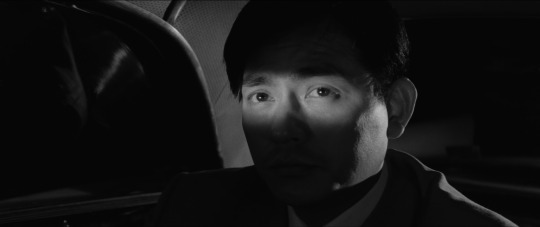
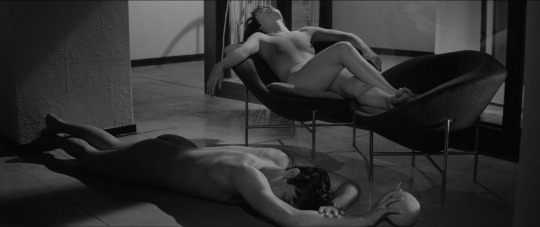
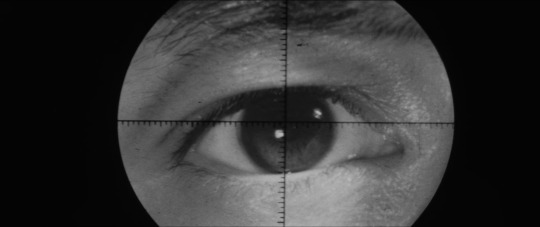
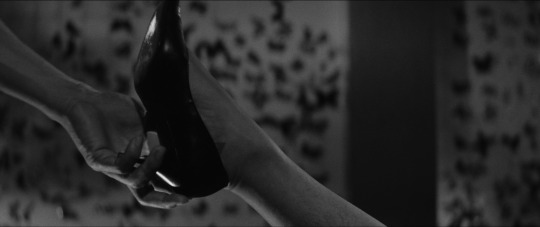
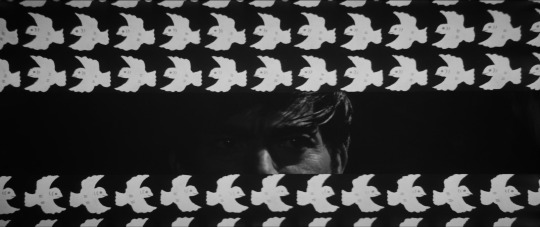


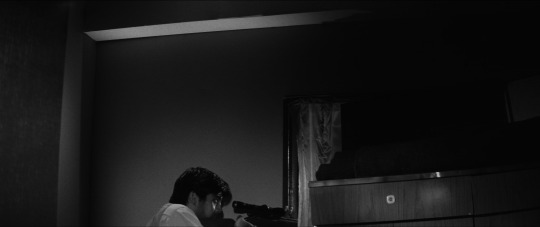

Branded to Kill (殺しの烙印, 1967) Dir. Seijun Suzuki
105 notes
·
View notes
Text

Branded to Kill (殺しの烙印), Italian lobby card (fotobusta). Italian theatrical release 1969
#Branded to Kill#殺しの烙印#Seijun Suzuki#Jô Shishido#Mariko Ogawa#Annu Mari#Lobby Cards#Lobby Card#Fotobusta#Fotobuste#Nikkatsu
13 notes
·
View notes
Text

Seijun Suzuki - Branded to Kill (1967)
14 notes
·
View notes
Photo
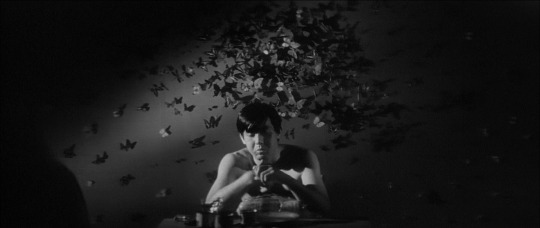


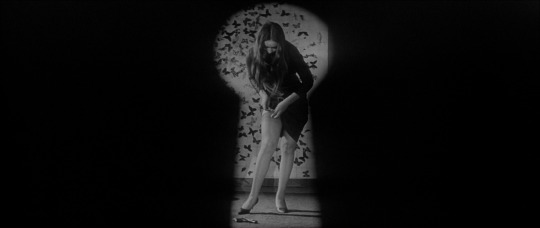
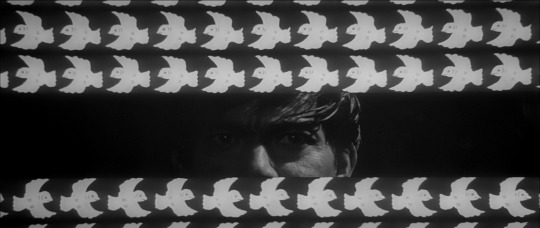
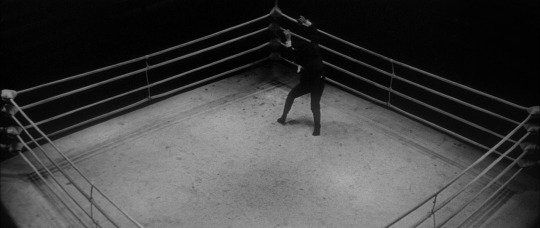
Branded to Kill (1967) dir. Seijun Suzuki
Cinematography by Kazue Nagatsuka
#branded to kill#seijun suzuki#kazue nagatsuka#film#japanese film#cinema#movie#movie stills#film frames#cinematography
261 notes
·
View notes
Text
Side by Side
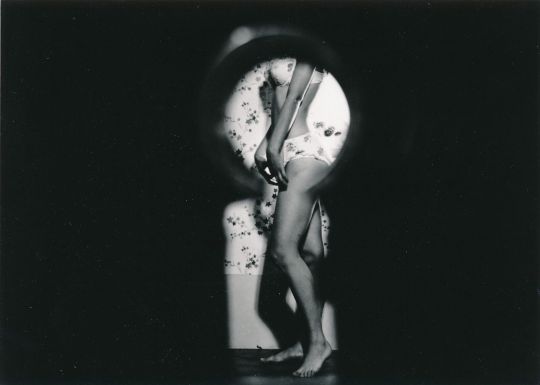

À double tour (1959) Claude Chabrol
Branded to kill (1967) Seijun Suzuki
26 notes
·
View notes
Text

Branded to Kill
dir. Seijun Suzuki
1967
8 notes
·
View notes
Text

Seijun Suzuki’s “殺しの烙印” (Branded to Kill) June 15, 1967.
#Seijun Suzuki#殺しの烙印#Branded to Kill#1967#Sixties#Foreign#🇯🇵#Film Noir#Crime Drama#Hitman Drama#Joe Shishido#Noirvember#3/5
5 notes
·
View notes
Text
What the heck? I’m trying to watch a film not read tumblr.. 😞
3 notes
·
View notes
Text
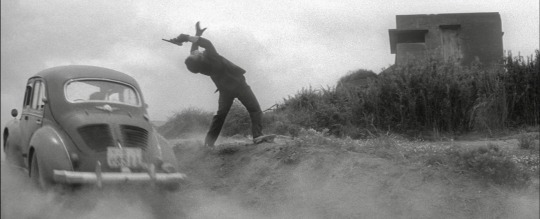
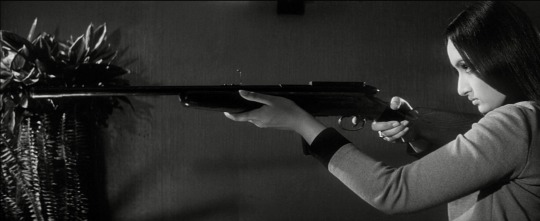


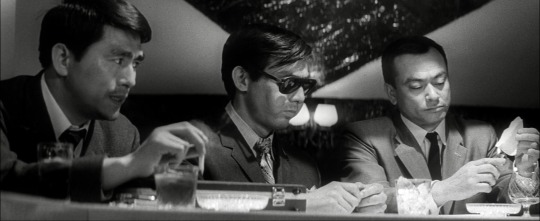
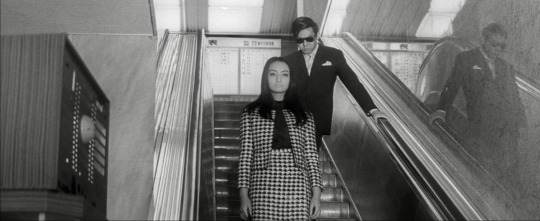

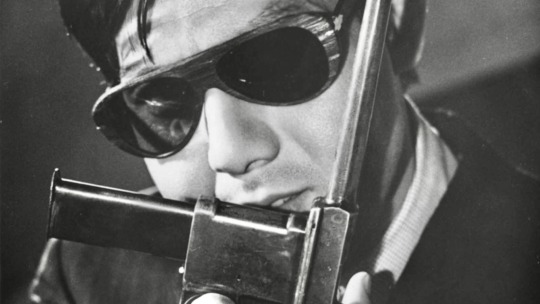


‘Branded to Kill’ (1967). Directed by Seijun Suzuki.
46 notes
·
View notes
Text

Branded to Kill (Seijun Suzuki, 1967)
9 notes
·
View notes
Text

youtube

youtube
#zodd#nosferatu#nosferatu zodd#zodd berserk#berserk#zodd the immortal#makaveli#mercenaries#killuminati#femto#the don killuminati#god of war#god of mischief#the struggler#branded to kill#casca#berserk casca#casca berserk#war cry
3 notes
·
View notes
Text

Branded to Kill (殺しの烙印), Italian lobby card (fotobusta). Italian theatrical release 1969
#Branded to Kill#殺しの烙印#Seijun Suzuki#Jô Shishido#Annu Mari#Lobby Cards#Lobby Card#Fotobusta#Fotobuste#Nikkatsu
4 notes
·
View notes
Text

There is an image of director Seijun Suzuki circulating that seems to present him declaring "I make movies that make no sense and make no money" (the fifth panel in the screenshot above) as a wry summation of his body of work or the philosophy behind his filmmaking. However, this is a misleading presentation of what he said.
The screenshot is from an interview conducted in 1997, during a retrospective on his work at the Nuart Theater in Los Angeles. In context, his full statement is as follows:
"The question is: how many movies I directed at Nikkatsu? I think it was around 40 or 42. I believe it was 42. And after Branded to Kill I was fired. Their reasoning was: I make movies that make no sense and make no money. So, I was told, these were the reasons. I guess that's it."
He's simply paraphrasing a statement from the Nikkatsu president addressing his dismissal from the company:
"Seijun Suzuki is a director who makes incomprehensible films. As such, Seijun Suzuki's films are bad films, and to screen them publicly would be an embarrassment for Nikkatsu. [...] Nikkatsu dismissed Seijun Suzuki as of April 25."
I consider it misleading at best to present "I make movies..." in isolation. First off, these are not Suzuki's own words: he is quoting someone he had a contentious working relationship with. Furthermore, Suzuki's films, particularly later Nikkatsu entries, do strip narrative convention to the bone and frequently use surreal or even avant-garde techniques (as he acknowledged, "in my films, time and place are nonsense") but I think it's wrong to simply describe them as nonsensical fever-dreams when even the delirious Branded to Kill does have an intelligible core with setups and payoffs in plot and characterization. Finally, reporting on an ensuing court case revealed that, as idiosyncratic as the director's output was, the situation seemed to be more that Nikkatsu was in dire financial straights and the studio head saw Suzuki as a scapegoat whose firing would keep other contract directors in line.
I don't seek to diminish Suzuki in the eyes of anyone who has seen or shared the overly-truncated picture with decent intentions – he's one of my favorite filmmakers and as such I think it's important to represent him accurately. A brilliant creative with a great sense of humor, to be sure, but not someone who would readily define his own work as nonsensical. Conversely, when discussing Branded to Kill, he instead reflected that he never intended for the movie to be surreal (albeit expressing pleasure that it came to be received in such a way).
---
The moral of the story: when subtitling a video, think carefully about where you're breaking the lines!
3 notes
·
View notes
